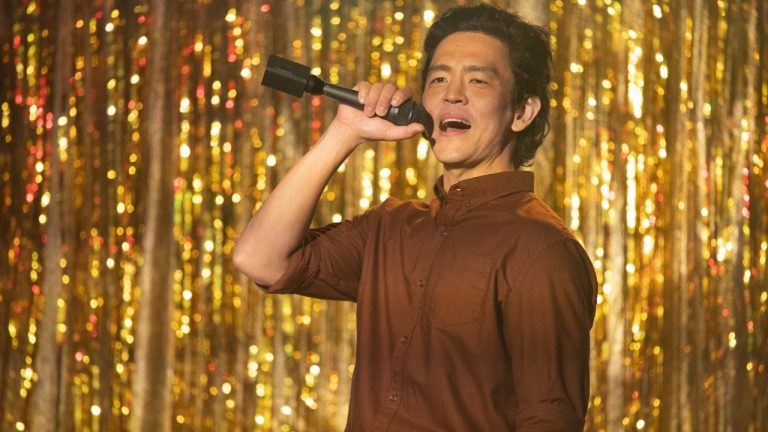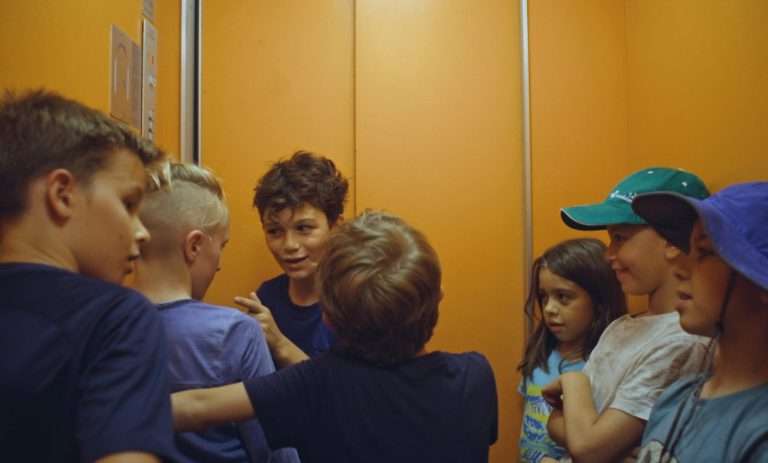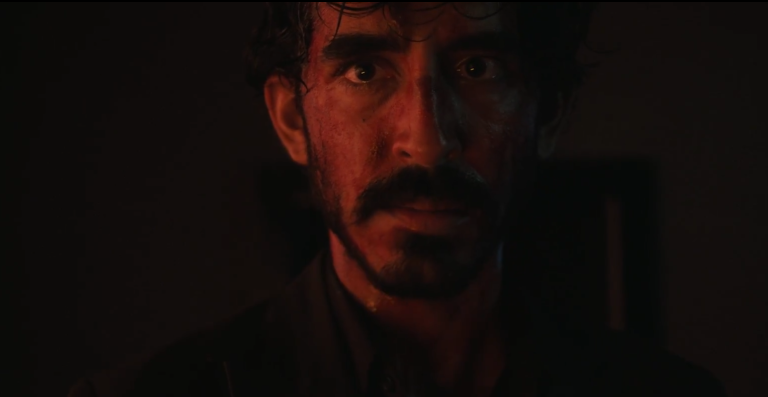I’m unsure if I can pinpoint and say a genre filmmaker can ever be quantified as a phenomenon for the kind of track record they hold. Genre filmmaking has been demeaned to such an extent that directors never truly stand out from the lot. However, that doesn’t hold true for Indian-American filmmaker M. Night Shyamalan. Shyamalan has been such an extreme case of a hit-and-miss that everyone from film critics to casual movie watchers has had a severe reaction to every other film he has produced since his big splash in 1999 with The Sixth Sense. His latest, ‘Knock at the Cabin, is going to continue the phenomenon that he is, despite being his most straightforward film in years.
For starters, it has the usual set of Shyamalan dialogues with pulp written all over them. Secondly, the characterization is so paper-thin and flawed that you end up not really rooting for any of these people on screen. And thirdly, the premise doesn’t leave you with an afterthought, a confounding realization that you carry with you on the walk back home. That said, Knock at the Cabin is one of his leanest and most affecting movies in years. Thanks to a surprisingly rigged allegory about the present times, presented in the guise of a home-invasion chamber piece.
Based on the horror novel ‘The Cabin at the End of the World’ written by Paul Tremblay, Shyamlan’s film is set almost entirely in a cabin where Eric (Jonathan Groff) and Andrew (Ben Aldrige) have come to spend their vacation with their adopted daughter Wen (Kristen Cui). Without wasting time scavenging around with a backstory, the director drops us right into the center of the conflict.
Four strange figures that, includes Leonard (Dave Bautista), Redmond (Rupert Grint), Sabrina (Nikki Amuka-Bird) & Adriane (Abby Quinn), approach the cabin with sharp weapons and hold the family of three hostages. On the offset, we are made to believe that the premise has some kind of religious fatalism as its underlining discourse. Andrew is even convinced that these invaders are here because they are homophobic assholes that are trying to turn them. But, the story turns that belief over its head. In fact, ‘believe’ turns out to be such an important part of this thriller that it makes the constant will-they-won’t-they of the premise become much more entertaining.
Leonard soon reveals to the captives that the four of them have had a vision of the future, which will be a bleak series of fatal happenings one after the other, if the family doesn’t make an important ‘decision’ to sacrifice. The stakes are raised when the possibility of the end of humanity is pitted against the tight-ship togetherness of the family in question. While Andrew is quite adamant that the invaders are brainwashed individuals who the internet’s buzzing theories have collectively victimized, Eric sees a flicker of the vision, thus leading to a series of gruesome and thrilling moments that constantly clock between the truth and doubt.
Now, we know that M. Night Shyamalan is well equipped to present a sense of dread in a narrative. However, the only two movies where he has taken up the apocalypse have been major duds. Both ‘The Happening’ and ‘After Earth’ are awful in creating a sense of the world’s end, leading to life-altering character motivations. However, with Knock at the Cabin, he is able to finally allow himself to revel in humanity’s death without actually showing it directly. Since both the captives and the audience are kept at large, with the apocalypse being tossed around as a mere hoax – the thriller enjoys a certain sense of distracting anxiety.
Thanks largely to cinematographers Jarin Blaschke, Lowell A. Meyer, and production designer Naaman Marshall, this stagey setting is skewed from visual pretense. They shoot these characters up close, and these actors, especially Dave Bautista, who plays Leonard, do much of the heavy lifting of not making the tone overtly self-serious. It is also an added bonus that this lean thriller also doubles down as a cautionary climate change allegory, making all of Shyamalan’s flaws (including the unnecessary use of flashbacks) feel like distant callbacks.





![Verdict [2019]: ‘TIFF’ Review – Authentic but Lacking](https://79468c92.delivery.rocketcdn.me/wp-content/uploads/2020/01/Verdict1-highonfilms-768x384.jpg)

![Encanto [2021] Review: Lin-Manuel Miranda’s Exquisite Songs Help This Dazzling Animation Sparkle](https://79468c92.delivery.rocketcdn.me/wp-content/uploads/2022/01/Encanto-2021-768x432.jpg)

![How I fell in Love with a Gangster [2022] Netflix Review – This 3-hour epic Gangster saga is an epic misfire](https://79468c92.delivery.rocketcdn.me/wp-content/uploads/2022/01/How-I-Fell-in-Love-with-a-Gangster-ak-Jak-pokochalam-gangstera-7-768x405.jpg)